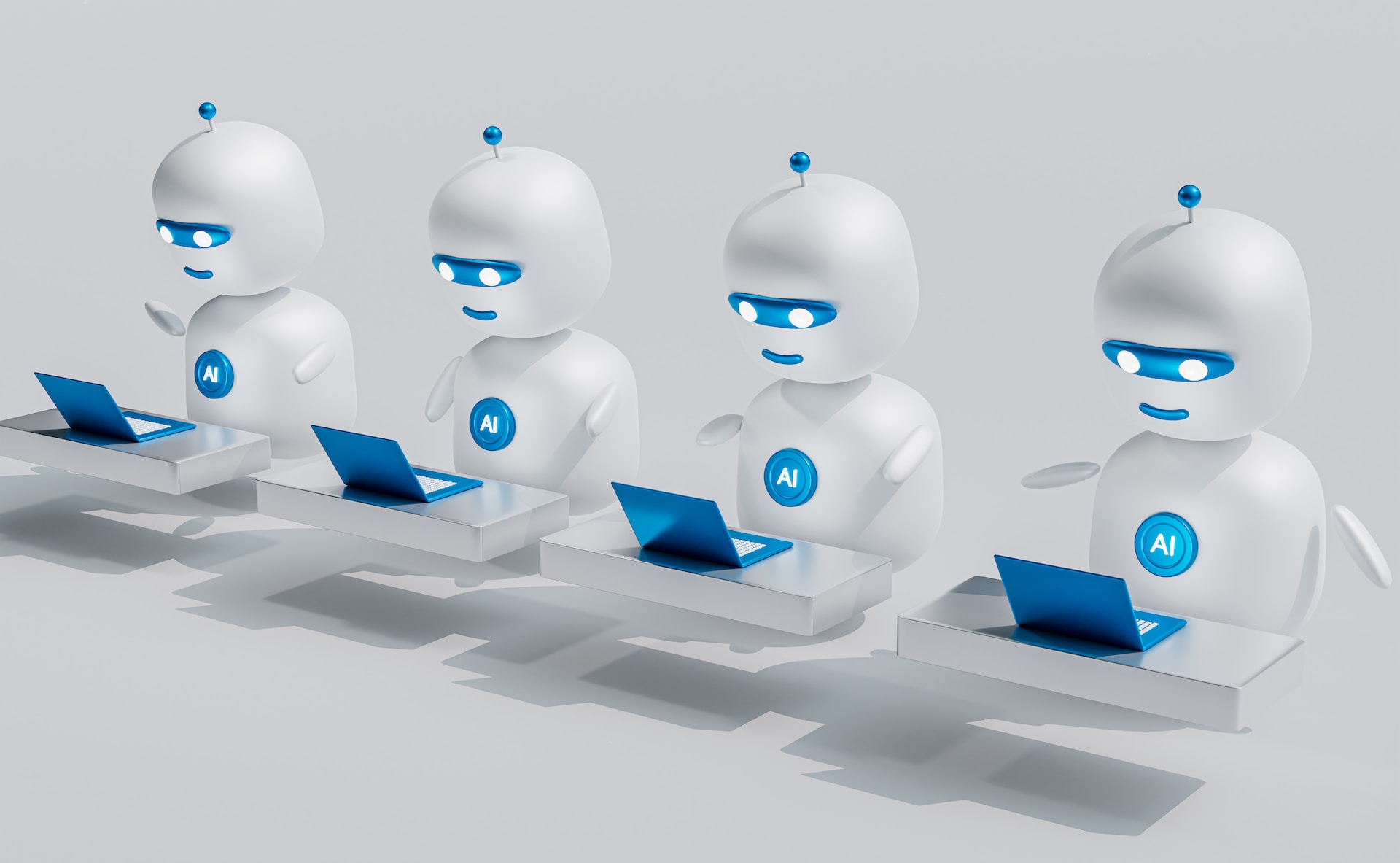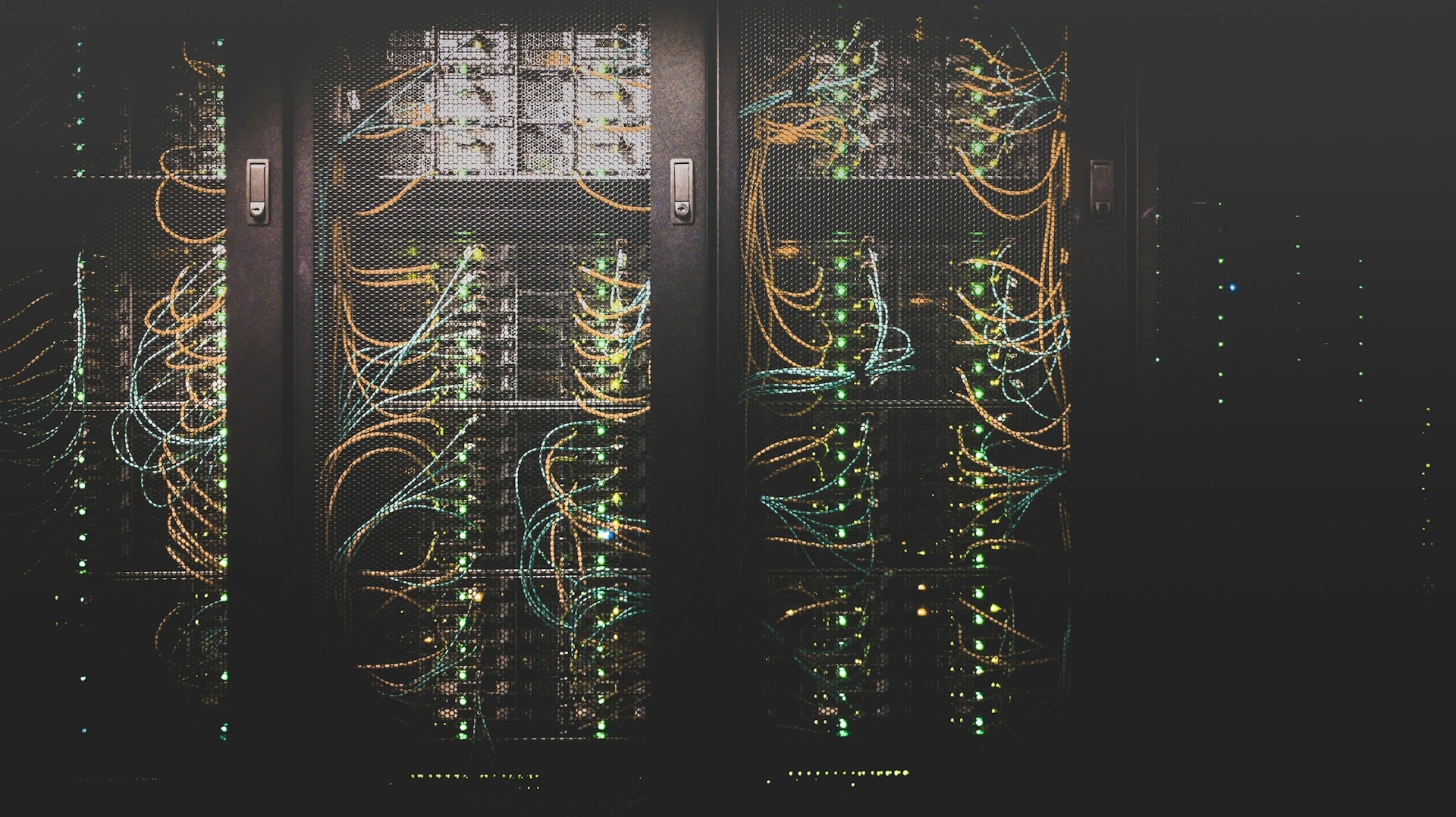In a nutshell:
- Generative AI focuses on creating new and original content, while predictive AI uses historical data to forecast future events or outcomes.
- Machine learning is a subset of AI that trains algorithms to learn from data and make predictions or decisions without explicit programming.
- Generative AI is beneficial for creative content generation, predictive AI is useful for data-driven decision-making, and machine learning can be applied to various tasks.
- Pecan AI combines generative AI, predictive AI, and machine learning to simplify the process of creating tailor-made machine learning models for businesses.
- Leveraging these AI technologies can revolutionize operations, drive innovation, and deliver value to customers.
It's enough to make your head swim. Today's artificial intelligence (AI) and machine learning ecosystem has become more and more complex. It seems like just yesterday we were all excited about business intelligence (BI) and basic data analytics. Today, we're chatting it up with generative AI and building machine learning models with just a conversation.
AI is incredibly valuable today for optimizing processes, improving decision-making, and driving innovation in all kinds of businesses and industries. Within the realm of AI are various methods and tools, including generative AI, predictive AI, and machine learning. Each of them offers unique capabilities and applications.
Let's end any confusion about these technologies. With a comprehensive understanding of these technologies and their potential for transforming businesses, you can make educated decisions about implementing these tools to optimize your company’s operations.
-

- Photo by CHUTTERSNAP on Unsplash
Understanding the Basics of the Types of AI
In today's rapidly evolving technological landscape, understanding the fundamentals of generative AI, predictive AI, and machine learning is vital in making data-driven business decisions.
These terms may sound complex, but breaking them down can provide valuable insights into how they revolutionize businesses across various industries.
Generative AI (GenAI)
Generative AI refers to a branch of artificial intelligence that focuses on creating new, original content or data. It involves training models to generate outputs, such as images, text, or even music, that resemble human-created content.
By analyzing vast amounts of existing data, generative AI algorithms can produce creative outputs with various applications ranging from creating customer-facing content to arranging personalized customer support.
Predictive AI
Predictive AI, on the other hand, involves using historical data and statistical techniques to forecast future events or outcomes.
Predictive AI algorithms can make accurate predictions and identify potential opportunities or risks by analyzing patterns and trends within the data. This technology has found significant application in areas such as sales forecasting, demand planning, and fraud detection, enabling businesses to make informed decisions and optimize their operations.
Machine Learning
Machine learning, a subset of AI, focuses on training algorithms to learn from data and improve their performance over time. By providing large datasets and feedback, machine learning algorithms identify patterns, extract insights, and make predictions or decisions without explicit programming. This technology has transformed industries by enabling tasks such as speech recognition, image classification, and personalized recommendations.
AI in Business
AI is currently revolutionizing businesses across various sectors. In marketing, for example, AI-powered chatbots provide instant customer support, enhancing user experiences and increasing efficiency.
In finance, machine learning algorithms analyze vast amounts of financial data to detect fraud and make accurate predictions for optimizing investment strategies.
In healthcare, AI is used to diagnose diseases, analyze medical images, and develop personalized treatment plans.
And those are just a few examples. By harnessing the power of AI, businesses across all industries can gain a competitive edge through automating processes, improving decision-making, and unlocking valuable insights from their data.
As AI continues to advance, the possibilities for its application in business are limitless, paving the way for a future where intelligent technologies become an integral part of everyday business operations.
Generative AI Unveiled
Generative AI is a fascinating branch of artificial intelligence that focuses on creating new and original content.
Unlike other AI techniques that primarily analyze existing data, generative AI algorithms are trained to generate outputs that resemble human-created content. This technology has gained significant attention for its ability to produce novel, creative, and sometimes even surprising outputs.
How Does Generative AI Work?
Generative AI algorithms work by analyzing vast amounts of existing data to understand patterns, styles, and structures. The AI tool then uses this knowledge to generate new content that aligns with the learned patterns.
For example, generative adversarial networks (GANs) are commonly used in image generation. GANs consist of two neural networks: the generator and the discriminator. The generator network creates new images, while the discriminator network evaluates the generated images and provides feedback.
Through an iterative process, the generator network learns to create increasingly realistic images that can be indistinguishable from those created by humans.
-

- Photo by Mohamed Nohassi on Unsplash
Benefits of Generative AI
Generative AI enables businesses to create unique and original content, giving them a competitive edge in fields such as design, advertising, and entertainment. Generative AI can produce realistic images, design prototypes, or even compose music, saving time and resources for creative professionals.
Generative AI can also assist in data augmentation and synthesis. By creating synthetic data, businesses can overcome the limitations of available data and enhance the performance of machine learning models. This is particularly useful in domains where data collection is challenging or costly, such as healthcare or autonomous driving.
GenAI can even be leveraged for personalization and recommendation systems. By analyzing user preferences and behaviors, businesses can generate personalized recommendations, ensuring a tailored and engaging experience. This technology has proven invaluable in fields like e-commerce, music streaming, and content platforms.
Drawbacks of Generative AI
While generative AI holds immense potential, it also comes with some drawbacks and limitations. One significant challenge is ensuring the generated content is ethical and aligned with societal norms.
Generative AI algorithms learn from existing data, which can contain biases or offensive content. It is crucial to carefully curate and evaluate the training data to avoid perpetuating harmful stereotypes or generating inappropriate content.
Another limitation is the potential for overfitting or lack of diversity in the generated outputs. If the training data is limited or biased, the generated content may lack creativity or originality. Striking a balance between learning from existing data and producing novel outputs is a challenge that researchers and developers are actively working on.
Exploring Predictive AI and Machine Learning
Predictive AI, including predictive analytics, is a powerful branch of artificial intelligence that uses historical data and statistical techniques to forecast future events or outcomes. It trains algorithms to analyze patterns and trends within the data and make accurate predictions or decisions without explicit programming.
The Ecosystem of Predictive AI
The predictive AI and machine learning ecosystem consists of various components that work together to enable accurate predictions.
It starts with data collection, where businesses gather relevant data from multiple sources. This data is then preprocessed and cleaned to ensure accuracy and consistency.
Feature selection and engineering are performed to identify the most important variables that contribute to the prediction. The selected features are used to train machine learning models, such as decision trees, neural networks, or support vector machines.
These models are then evaluated and fine-tuned using validation techniques to ensure their performance. Once the model is trained and validated, it can be deployed to make predictions on new data.
How Predictive AI Works
Predictive AI works by using historical datasets to build a mathematical model that captures the underlying patterns and relationships within the data. This model is then used to make predictions or decisions when presented with new or unseen data.
The algorithms learn from the data by adjusting their internal parameters based on the observed patterns, allowing them to improve their performance over time. The more data they are exposed to, the better these tools become at making accurate predictions.
The working mechanism of predictive AI involves a combination of statistical techniques, optimization algorithms, and computational power to process and analyze large datasets.
-

- Photo by Taylor Vick on Unsplash
Advantages of Predictive AI and Machine Learning
Predictive AI and machine learning have significant advantages for businesses. By analyzing existing data, these technologies can provide valuable insights and help businesses make data-driven decisions.
Predictive AI can be used for:
- Sales forecasting
- Demand planning
- Risk assessment
- Fraud detection
- Customer segmentation
- Personalized recommendations
It enables businesses to optimize their operations, minimize risks, and identify growth opportunities. With predictive AI, businesses can gain a competitive edge by understanding customer behavior, improving efficiency, and staying ahead of market trends.
Limitations of Predictive AI and Machine Learning
While predictive AI and machine learning offer immense benefits, they also have potential challenges and limitations.
One challenge is the need for high-quality and diverse data. The accuracy and reliability of predictions heavily depend on the quality and representativeness of the training data.
Another challenge is the interpretability of the models. Some machine learning algorithms, such as deep neural networks, are often considered black boxes, making it difficult to understand the reasoning behind their predictions.
There can also be ethical considerations, such as biases in the data or unintended consequences of automated decision-making.
Can Generative AI Be Used For Forecasting?
Generative AI is a valuable tool for forecasting. For example, it can be used in the financial sector to help with accurate forecasts. Using synthetic data, financial institutions can run through many scenarios, sharpening their predictions and boosting their knack for assessing risks. This savvy approach helps them make smart decisions and grasp potential outcomes. Generative AI cooks up new data points from the old ones, letting organizations dive into different what-ifs and make predictions that hit the mark. It's a game-changer, giving useful insights and cranking up decision-making.
Generative AI vs. Predictive AI vs. Machine Learning
Generative AI, predictive AI, and machine learning are all branches of artificial intelligence but serve different purposes and have distinct characteristics.
Generative AI focuses on creating new and original content. It uses algorithms that analyze patterns and structures in existing data to generate new outputs.
In contrast, predictive AI utilizes historical data and statistical techniques to forecast future events or outcomes. It aims to make accurate predictions or decisions based on patterns and trends within the data.
Machine learning is part of predictive AI. It refers to the ability of algorithms to learn from data, identify patterns, and make predictions or decisions without being explicitly programmed. Machine learning can be supervised, unsupervised, or semi-supervised, depending on the availability of labeled data for training.
Which One Suits Your Business?
The choice of which technology suits a particular business depends on its specific needs and goals.
GenAI
Generative AI is well-suited for businesses that require creative content generation, such as design agencies, advertising companies, or entertainment industries. It enables businesses to create unique and original content, saving time and resources for creative professionals.
Predictive AI
Predictive AI, with its ability to forecast future events or outcomes, is beneficial for businesses that rely on data-driven decision-making. Industries such as finance, e-commerce, healthcare, and marketing can leverage predictive AI to optimize operations, identify trends, and make accurate predictions.
It enables businesses to anticipate customer behavior, optimize inventory management, detect fraud, and personalize customer experiences.
Machine Learning
Machine learning can benefit businesses of all sizes and industries that deal with data and want to extract insights, make predictions, or automate processes. Machine learning algorithms can be tailored to specific business needs and can be used for tasks such as image recognition, natural language processing, recommendation systems, and anomaly detection.
How Pecan AI Excels in the AI Realm
Pecan AI brings together the power of generative AI, predictive AI, and machine learning, simplifying the process of creating tailor-made machine-learning models for businesses. Pecan's Predictive GenAI democratizes the use of AI, making it accessible for all business sizes and types without needing a dedicated data science team.
Leveraging Artificial Intelligence for Your Business Needs
In the rapidly evolving landscape of technology, the integration of generative AI, predictive AI, and machine learning offers unprecedented opportunities for businesses across diverse sectors. These cutting-edge advancements aren't just buzzwords; they are transformative tools that can redefine how enterprises operate, make decisions, and engage with their audience.
Generative AI, with its ability to create content, images, and even entire designs autonomously, opens doors to unimaginable creativity. From generating personalized marketing content to assisting in product development, its applications are limitless. Businesses harnessing generative AI gain a competitive edge by delivering bespoke experiences that resonate deeply with their customers.
Predictive AI, powered by machine learning algorithms, provides invaluable insights derived from data patterns. This foresight enables businesses to anticipate market trends, customer behavior, and potential risks. Leveraging predictive analytics empowers organizations to make data-driven decisions, optimize processes, and streamline operations for enhanced efficiency and profitability.
Machine learning algorithms, the backbone of these AI applications, continuously learn and adapt from data. They fuel recommendation systems, customer service chatbots, fraud detection mechanisms, and more. By embracing machine learning, businesses automate tasks, personalize user experiences, and improve operational effectiveness.
As we navigate this era of digital transformation, businesses that embrace generative AI, predictive AI, and machine learning stand to revolutionize their operations, drive innovation, and deliver unparalleled value to their customers. The future belongs to those who harness the power of AI responsibly and creatively, and Pecan AI can help. Sign up today, or book a free demo and see how Pecan can guide your business to AI success.




